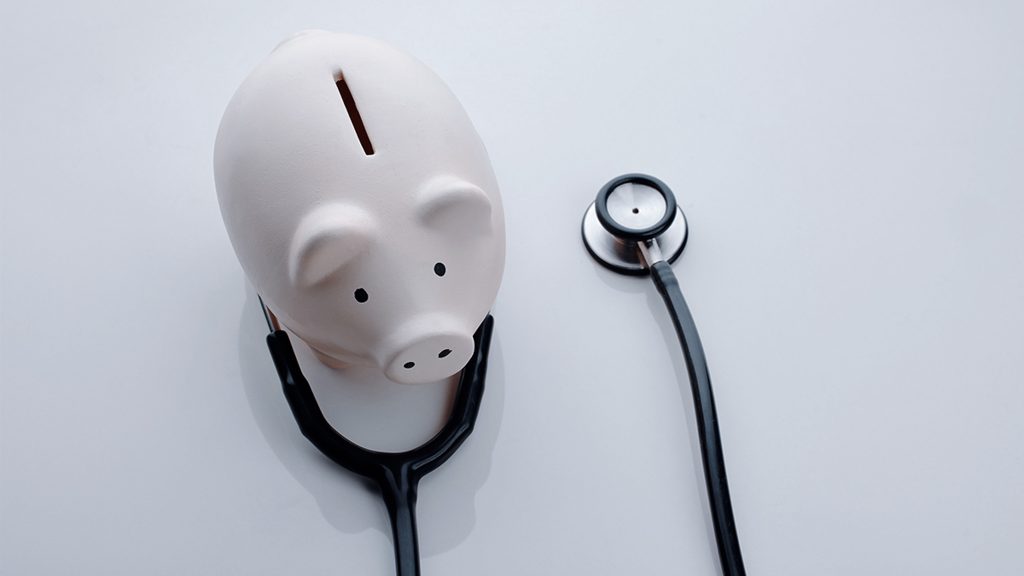Health Savings Accounts (HSAs) are tax-advantaged accounts that allow you to pay for medical expenses now and in the future. Whether you already have an HSA or are looking at this account for the first time, BRI is here to share why we love this account so much. HSAs offer several benefits, including tax deductions and the ability to grow your money over time. But there’s more to know about HSAs than just tax savings — here are 6 things you need to know about Health Savings Accounts to get the most out of this account.
- HSAs Are Not Use-It-Or-Lose. It An HSA allows you to save money for future medical expenses, but unlike other use it or lose it accounts, your HSA money rolls over year after year and can be used whenever necessary. This means that if you don’t have many medical expenses now, in the long term you’ll be able to benefit even more from the tax advantages of an HSA.
- HSAs Provide More Tax Breaks Than 401(k)s. Unlike 401(k)s and other retirement plans, contributions to HSAs are both pre-tax and tax deductible. Additionally, all withdrawals made for qualified medical expenses are completely tax free! With these types of benefits, HSAs can provide more tax breaks than traditional retirement plans such as 401(k)s or IRAs.
- HSA Money Can Be Used for Expenses After Retirement. While most people think of HSAs as short-term accounts that only cover current medical costs, they can also serve as a long-term investment vehicle for post-retirement health care needs. After age 65, when Medicare kicks in, your HSA funds can still be used for a variety of additional out-of pocket health care costs such as vision, dental and hearing aids.
- You Can Continue Contributing to an HSA Beyond Age 65. If you are still employed past age 65 and are enrolled in Medicare, you aren’t eligible to contribute to an HSA. However, if you aren’t enrolled in Medicare, you can still be eligible to get the tax advantage (same as a 65 and under employee). It’s important to check with your employer or financial advisors before making any decisions regarding this option however since there could be potential penalties associated with it depending on your specific situation.
- You Can Use HSA Funds for Family Members’ Eligible Medical Expenses. One of the great things about HSAs is that if someone else in your family has qualified medical expenses such as doctor visits or prescriptions, you can use the funds from your own account to pay them – without having any taxes due on those payments either!
- You Have an Unlimited Amount of Time After You Pay for Medical Expenses To Reimburse Yourself. As long as you keep receipts for all qualified medical expenses paid out of pocket (and not already reimbursed by insurance), there is no limit on how long after paying those expenses that you have to reimburse yourself from your HSA account – meaning those funds could potentially grow significantly over time if invested wisely!
HSAs provide an excellent way for individuals and families alike to save money on their healthcare costs today while simultaneously planning for tomorrow’s needs. From generous tax breaks and flexibility regarding reimbursement timelines to paying family members’ medical bills without incurring taxes, there are plenty of reasons why anyone considering saving money should consider an HSA today. With these six key points in mind about what makes HSAs so special – hopefully, now you have a better understanding of your HSA account or why they may be the right choice when it comes time to decide where best to invest your hard-earned dollars moving forward.



